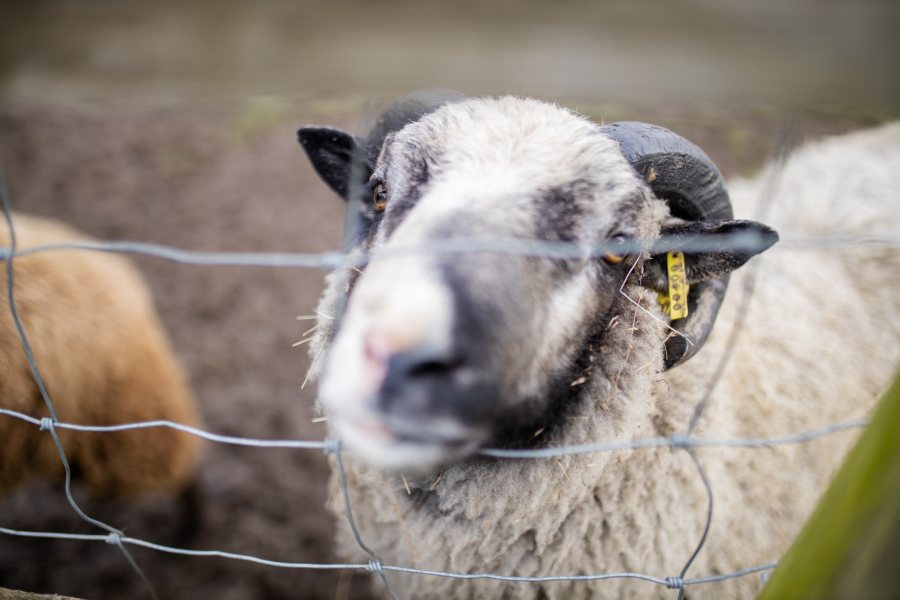
A new ban on exporting live animals has come into law as the Animal Welfare (Livestock Exports) Act received Royal Assent today.
The bill means that livestock can no longer be exported from Great Britain for slaughter or fattening.
However, live exports in other specific circumstances, for example, for breeding and competitions, will still be allowed.
This is provided animals are transported in line with legal requirements aimed at protecting their welfare.
Government data shows up to 40 million farm animals, including sheep, calves and pigs, have been exported from Britain for further rearing or slaughter since the 1960s.
At its height, one million animals were being exported annually - and animals have travelled from ports such as Dover, Ramsgate and Brightlingsea.
Responding to the bill, Defra Secretary Steve Barclay said: “We are proud to have some of the highest animal welfare standards in the world.
“Our new Act makes use of post-Brexit freedoms to deliver one of our manifesto commitments and strengthen these standards even further by preventing the export of live animals for slaughter and fattening, which we know causes animals unnecessary stress and injury.”
Some farming groups have frequently warned that any significant regulatory changes to live exports could potentially have a major impact on the UK food
The Farmers' Union of Wales (FUW) has said that a live export ban could 'cut off an essential lifeline' for sheep producers.
And the Ruminant Health & Welfare (RH&W) group – whose members represent the breadth of the supply chain – said Defra must take responsibility for the impact of the ban on businesses.
But Emma Slawinski, the RSPCA’s director for advocacy, has campaigned against live exports for years and has welcomed the bill's passing, saying the practice will be 'consigned to the history books'.
She added: “This is a momentous moment for animals - with this vote marking one of the biggest days for animal welfare in modern history.
Elsewhere in the world, Australia has committed to end the export of sheep by 1 May 2028.
Last year, a Brazilian court banned the export of live cattle from the country’s ports.
